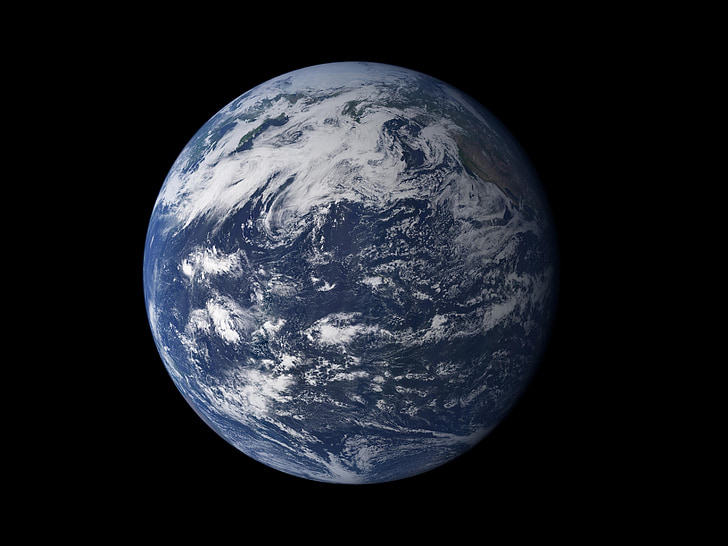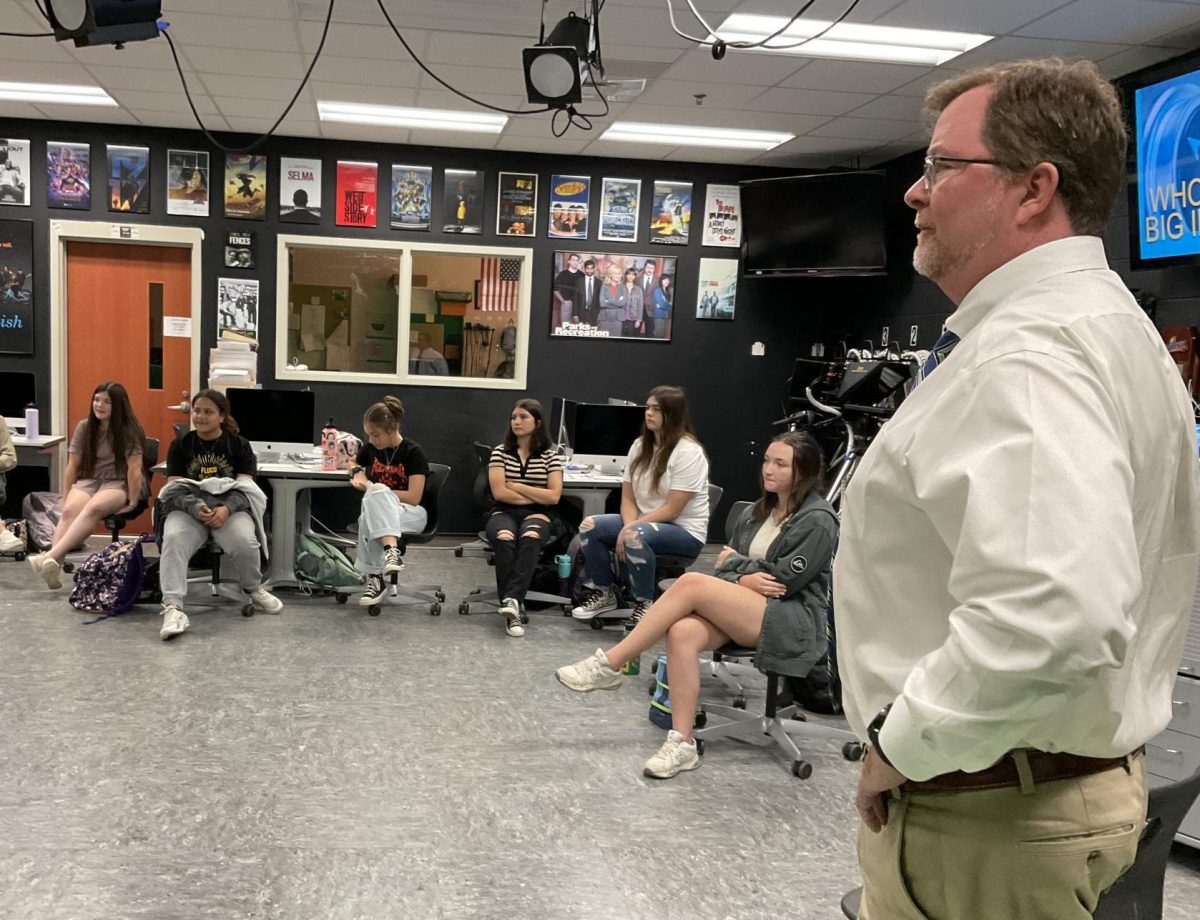Leaving Earth on June 5, 2024, aboard Boeing’s Starliner, astronauts Butch Wilmore and Suni Williams planned a brief stay on the International Space Station (ISS): eight days to be exact, according to FactCheck.org. This was until the Starliner experienced helium leaks, causing the pair’s return to be halted. The helium leaks stabilized after arrival, but issues with the thrusters caused NASA to return the Starliner to Earth, leaving Wilmore and Williams stranded on the space station for 288 days.
The two’s prolonged stay makes them the sixth longest people to be in space, just behind Peggy Whitson at 289 days. Being in space for this long is very brutal on the body. According to Aljazeera, astronauts lose around 20% of their body fluids and 5% of their body mass. Microgravity also causes muscles to weaken. As a result, astronauts must exercise for two hours a day, six days a week in order to prevent muscle loss. Other negative effects of being in space for a prolonged time include that it causes the skin to thin, making it easier to tear and heal more slowly, and that it increases skeletal deformation and bone loss (astronauts lose an average of 1% of bone mass every month).
On March 18, 2025, the astronauts finally returned home, landing off the coast of Florida. A SpaceX Dragon capsule brought the two home alongside fellow astronauts Nick Hague and Aleksandr Gorbunov. Both Wilmore and Williams were immediately carried out on stretchers. According to NPR, the two astronauts were transported by NASA to Johnson Space Center in Houston, where they will follow a 45-day post-mission recovery program.
The astronauts will spend two hours a day with trainers, using a personalized recovery program designed to help them recover their fitness levels. Leland Melvin, who had visited the ISS in 2008 and 2009, stated he was able to get back to his baseline after being home for about a month. Due to the fact that they were in space nearly 10 months, Wilmore and Williams are expected to take considerably longer to recover their fitness levels.
One strange side effect of being in space for such a long time is that you have to adjust to no longer floating. Many astronauts who spend a long period of time in space adapt to the weightlessness, which can also be tough to adapt to when they come back to Earth and are subjected to gravity.
“I was like, laying in bed. I had to go to the bathroom and I just started pushing off my back, thinking, ‘I’m going to float to the bathroom.’ And the light was out and I’m pushing up and I roll out of bed,” said Melvin.
According to Reuters, NASA may require the third Starliner mission to be unmanned due to the catastrophe of the former mission. NASA and Boeing are working closely to address the issues with the Starliner to ensure the next mission is not delayed, and to ensure unproblematic future missions.







